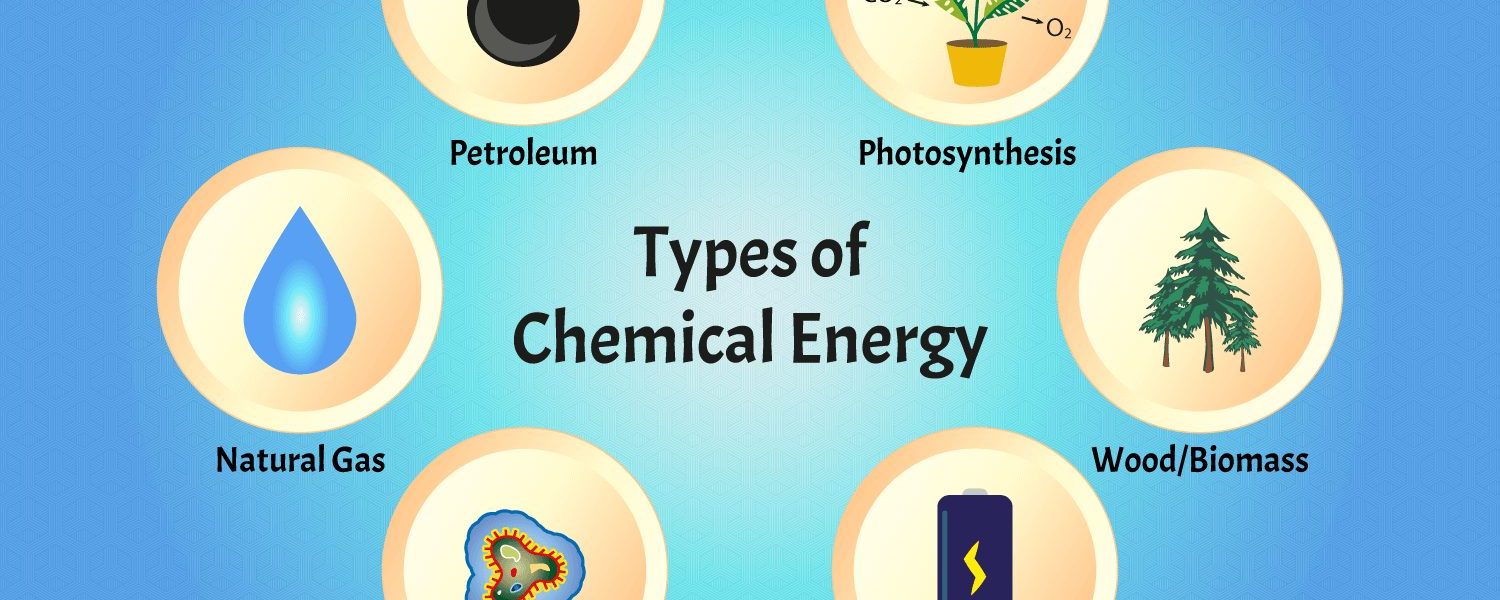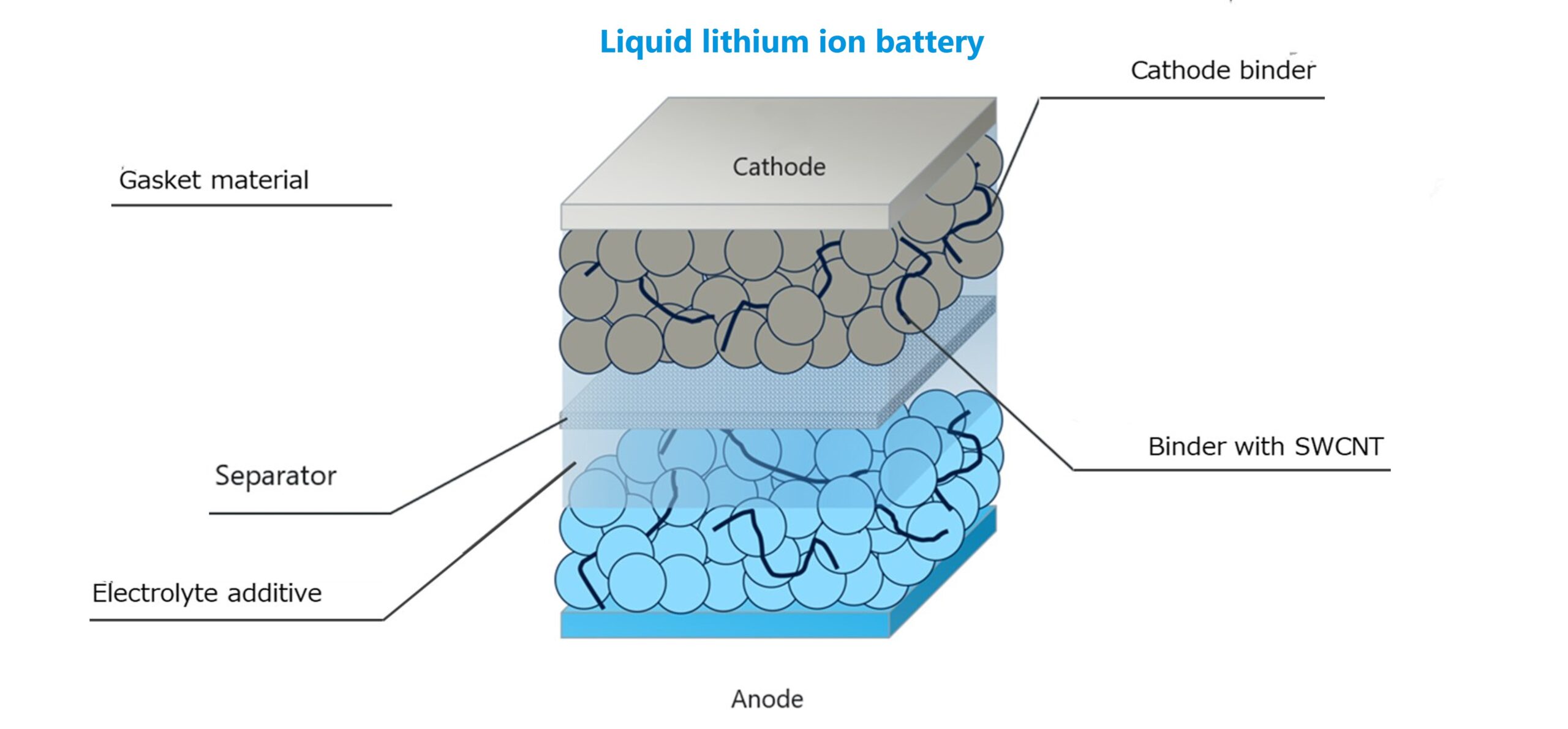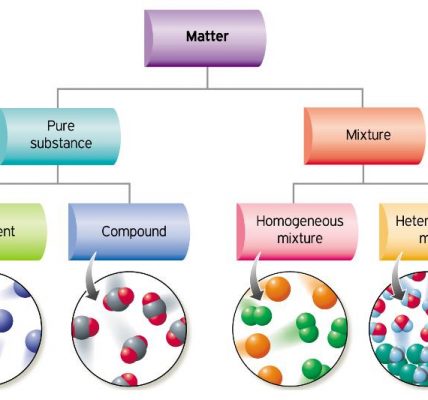The bond between chemistry and energy is intricate and unbreakable, with chemical reactions playing a crucial role in powering the world. From the burning of fossil fuels to the innovations in renewable energy, chemical reactions are the unseen forces driving the generation of power that fuels our homes, industries, and lives.
1. Combustion: Fueling the World
Combustion reactions are at the heart of traditional power generation. The burning of fossil fuels like coal, oil, and natural gas releases chemical energy stored in their molecular bonds, transforming it into heat. This thermal energy is then converted into mechanical energy through turbines, ultimately producing electricity. However, the environmental ramifications of combustion, including greenhouse gas emissions and resource depletion, necessitate a shift towards more sustainable alternatives.
2. Electrochemistry: Powering the Future
The field of electrochemistry opens a gateway to cleaner energy solutions. Electrochemical reactions involve the movement of electrons between substances, which can be harnessed to generate power. Fuel cells epitomize this approach, converting chemical energy directly into electrical energy through reactions involving hydrogen and oxygen, offering a cleaner, more efficient energy source.
3. Solar Power: Harnessing the Sun’s Energy
Solar power is a testament to the potential of photochemical reactions. These reactions occur when sunlight (photons) hits a semiconductor material, exciting electrons and creating an electric current. Solar panels leverage this phenomenon to capture and convert sunlight into electricity, presenting a renewable and abundant source of energy for the planet.
4. Nuclear Energy: Unlocking Atomic Power
Nuclear reactions unveil another dimension of energy generation. Fission reactions in nuclear power plants release a colossal amount of energy by splitting heavy atoms, typically uranium, into smaller ones. Despite the challenges related to radioactive waste and safety concerns, nuclear energy remains a significant and low-carbon power source.
5. Thermochemical Conversion: Turning Biomass into Energy
Thermochemical reactions play a pivotal role in converting biomass into usable energy forms. Processes like pyrolysis and gasification break down organic materials into simpler compounds through the application of heat, producing biofuels, syngas, and other energy-rich products. This approach offers a sustainable pathway for utilizing waste and renewable resources for energy generation.
6. Emerging Technologies: Innovations in Chemical Energy Conversion
The quest for sustainable energy solutions has ignited innovations in chemical energy conversion. Advances in material science are enhancing the efficiency of solar cells and fuel cells, while research in catalysis is unlocking new possibilities for artificial photosynthesis and hydrogen production. These developments are shaping the future landscape of energy, with chemistry at the forefront.
7. Environmental and Ethical Considerations
While chemical reactions offer a plethora of avenues for power generation, their environmental and ethical implications warrant careful consideration. Striking a balance between meeting energy demands and mitigating environmental impact is imperative. The adoption of cleaner technologies, efficient resource utilization, and responsible waste management are crucial steps towards a sustainable energy future.
Conclusion
The intricate dance of atoms and molecules in chemical reactions is the unsung hero in the narrative of power generation. From the traditional combustion of fossil fuels to the innovative realms of electrochemistry and renewable resources, these reactions are shaping the way we generate and consume energy. As we venture into an era defined by sustainability and innovation, the role of chemical reactions in powering our world will continue to evolve, offering new possibilities and challenges for the future.
Tags: #ChemicalReactions #PowerGeneration #Energy #Combustion #Electrochemistry #SustainableEnergy #RenewableResources #FossilFuels #NuclearEnergy #SolarPower #FuelCells #Thermochemistry #EnergyConversion #EnvironmentalImpact
Delve into the enthralling intersection of chemistry and energy, exploring how chemical reactions drive power generation across diverse processes and technologies. Uncover the science behind combustion, electrochemistry, solar power, and more, as we unravel the challenges and innovations shaping the quest for sustainable energy solutions.











